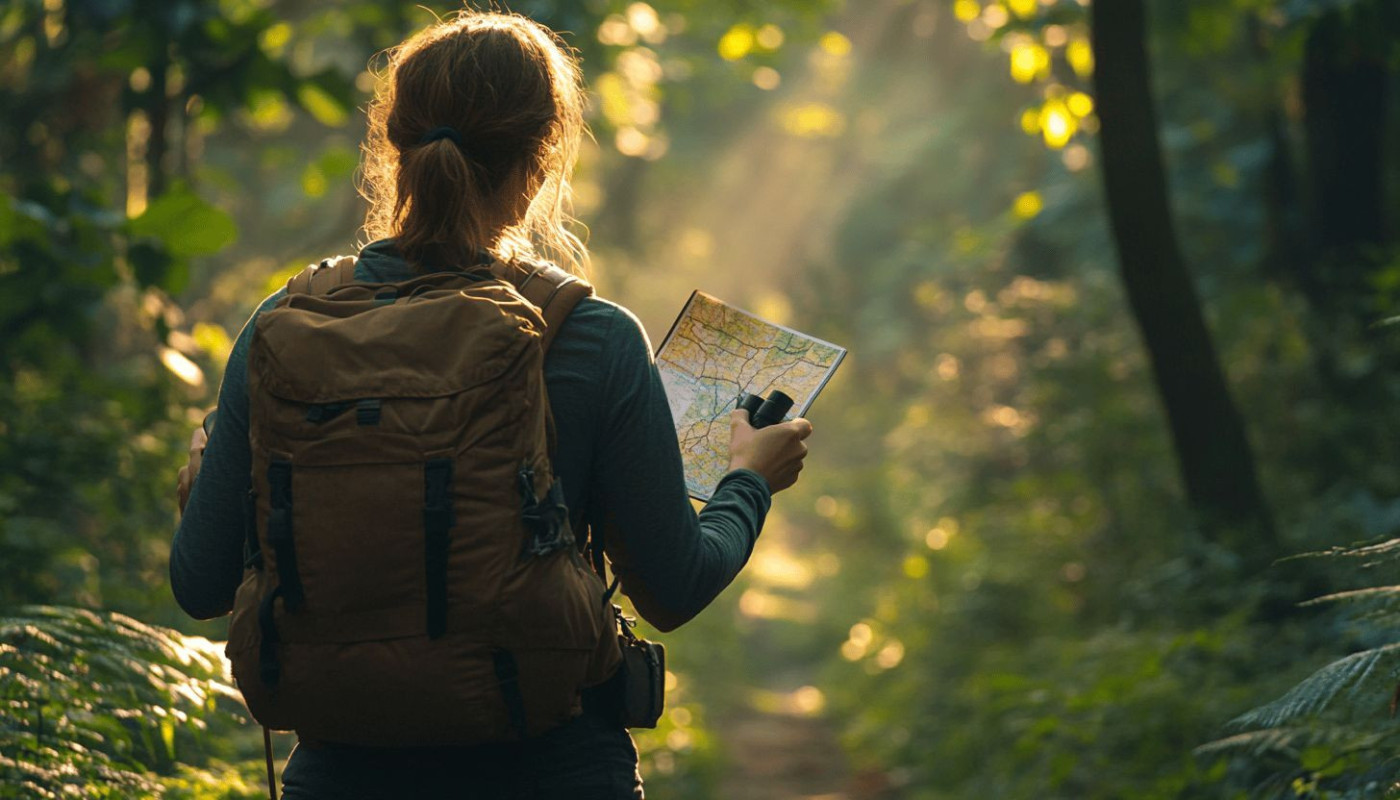Table of contents
Dark tourism, a term that evokes a sense of curiosity and intrigue, is an essential area of tourism that isn't often spoken about. However, it is a fascinating insight into the historical, cultural, and sometimes macabre aspects of our world. This term refers to visiting sites of death, disaster, or the seemingly macabre, such as haunted locations, battlefields, and places of great tragedy. While it may sound grim, dark tourism is an important way of acknowledging and learning from the past. In this article, we will unveil the mysterious beauty of dark tourism, exploring its significance, the psychology behind it, and the impact it has on our understanding of history and human nature.
Significance of Dark Tourism
Dark tourism, also known as 'thanatourism', is of considerable significance in our society, playing a pivotal role in unveiling our past and fostering a deeper understanding of historical events. The historical significance of these locations is immense, providing an opportunity to delve into past tragedies, conflicts, and disasters, and explore how they have molded our world.
Furthermore, dark tourism aids in cultural understanding, offering a unique perspective into different societies, their histories, and their ways of acknowledging the past. These journeys to sites of death, suffering, or the seemingly macabre, can generate a vivid picture of the past, leading to a more profound appreciation of diverse cultures and traditions.
Not to be overlooked is the educational insight that dark tourism provides. It goes beyond conventional textbook learning, offering first-hand knowledge and experiences that can significantly augment our comprehension of historical events and their implications. This, in turn, can lead to personal growth, pushing individuals to confront uncomfortable truths, challenge their perceptions, and gain a deeply-rooted understanding of mankind's history.
The Psychology Behind Dark Tourism
Delving into the psychological aspects of dark tourism brings to light the intriguing question: What draws individuals towards the concept of 'morbid curiosity'? This phrase encapsulates the peculiar yet fascinating allure of sites associated with death, disaster, and the macabre. The psychological appeal of these places lies not just in the thrill-seeking aspect, but also in the opportunity for learning, empathy, and self-reflection.
'Thrill-seeking' is a term often associated with dark tourism. The adrenaline rush that accompanies the exploration of places associated with tragedy and disaster provides a unique experience that is both eerie and exhilarating. This thrill, however, is more multidimensional than it may initially seem. It's not solely about the adrenaline; it's also about confronting the discomforting reality of mortality, which can provoke introspection and a deeper understanding of the human condition.
Beyond the thrill, there is a 'learning' element to dark tourism. These sites often have significant historical or cultural relevance, offering visitors a chance to gain knowledge and a deeper understanding of past events. This educational aspect can be an essential draw for many.
'Empathy' plays a notable role in this form of tourism. By visiting sites of tragedy, visitors may develop a deeper emotional connection with the victims of these events. This immersion in the experiences of others can foster a sense of empathy and compassion that extends beyond the visit itself.
Lastly, 'self-reflection' is a key component of the dark tourism psychology. These visits often prompt introspection about one's own mortality, the fragility of life, and the interconnectedness of human experiences. As a result, these sites become more than just attractions – they become catalysts for personal growth and understanding.
Impact of Dark Tourism
The phenomenon of dark tourism carries a significant economic impact. With tourists flocking to historical sites, local economies often experience a boost in revenue, making dark tourism a crucial economic pillar in numerous regions. The influx of visitors helps stimulate local businesses, from accommodation providers to restaurants and souvenir shops. In regards to cultural preservation, dark tourism plays a remarkable role. By attracting attention to places with historical significance, the practice aids in maintaining and preserving these landmarks for future generations.
Moreover, dark tourism serves as a tool for educational value. Visiting sites associated with death and suffering provides a tangible way for individuals to connect with history, fostering a greater understanding and historical awareness. Nonetheless, alongside these benefits, dark tourism also raises ethical implications. Questions surrounding the appropriateness of commodifying places of tragedy, often referred to as cultural commodification, persist. This highlights the need for responsible practices that respect and honor the history of such sites. Therefore, while dark tourism can be of value, it is essential to approach it with sensitivity and thoughtfulness.
Iconic Dark Tourism Destinations
Dark tourism, a niche sector in heritage tourism, takes travelers on an educational journey through some of the world's most famous sites. These locations, steeped in historical context, offer visitors a unique perspective on our past and cultural heritage. Allowing people to delve into the more somber and thought-provoking aspects of history, dark tourism has become increasingly popular in recent years.
Noteworthy examples of these locations include the Auschwitz-Birkenau concentration camp in Poland, the Hiroshima Peace Memorial Park in Japan, and the Ground Zero site in New York City, USA. Each of these destinations provides an intimate look into grim periods of human history. Visitors are offered a chance to learn from firsthand accounts, exhibits, and preserved remnants, fostering a deep sense of respect and reflection on the events that took place.
The visitor experience at these famous sites is often described as sobering and poignant, striking a balance between acknowledging the tragedy and commemorating those who lost their lives. Moreover, these sites serve as a potent reminder of our cultural heritage, echoing the resilience of humanity in the face of adversity. Despite their dark histories, these destinations continue to draw in vast numbers of tourists, testament to the power of the educational journey they offer.
Responsible Dark Tourism
In conclusion, the discourse on responsible dark tourism is vital, underlining the necessity for a respectful and sensitive approach towards visiting these sites. It becomes crucial to preserve these sites, honoring the memories they embody. The key phrases to bear in mind are 'responsible tourism', 'preservation', 'sensitivity', 'respect', and 'sustainable tourism'. Visiting these sites is more than just an exploration; it's about connecting with history and appreciating the stories these sites tell. Therefore, in addition to these considerations, the notion of 'ethical tourism' should also play a significant role in this discussion. This form of tourism promotes a sustainable approach, ensuring future generations can also experience these sites and learn from their stories.
Similar articles














